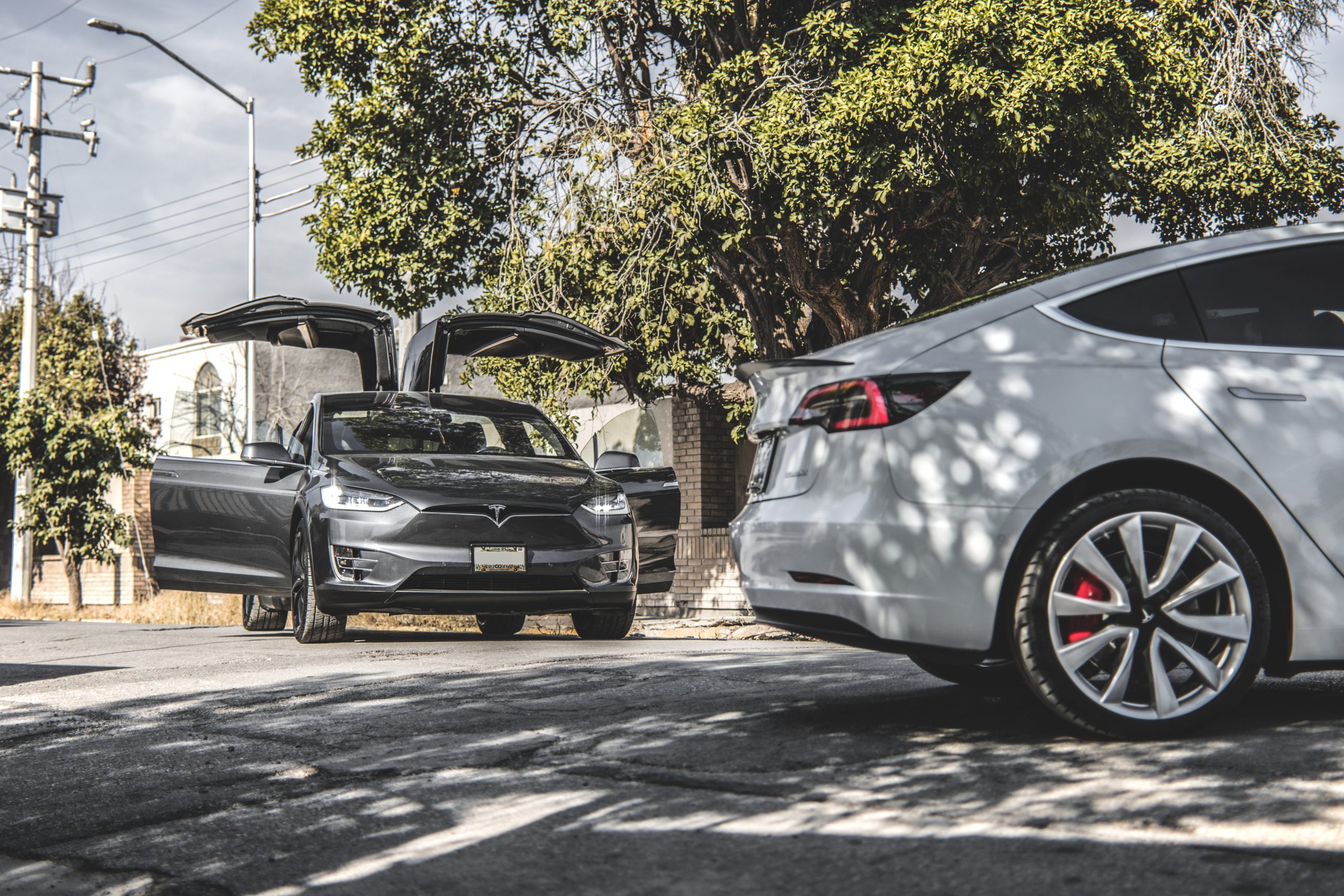
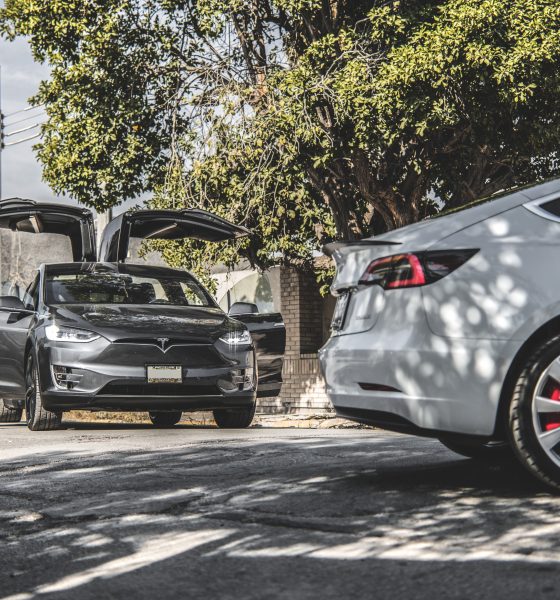
Investor's Corner
Tesla is poised to survive 2020’s worst economic shocks; other automakers, not so much
Just before being proven wrong by Tesla’s first-quarter delivery and production numbers, TSLA bears were hard at work, spreading the now-aging narrative that the company’s electric cars will soon see a drop in demand. Hours before Tesla released its numbers, short-seller Jim Chanos even remarked that he remains “maximum short TSLA,” arguing that the company stands to lose money this year.
What the noted short-seller failed to mention was that this year would likely be downright brutal on the entire auto industry. 2020 only started, but the onset of the coronavirus pandemic has given the whole car market an economic shock that will resonate for a substantial period of time. Tesla will see adverse effects, most likely in the second quarter, but compared to the rest of the industry, the electric car maker may very well be poised to be a company that can not only survive, but thrive in these times of crisis. The same cannot be said for legacy carmakers, or the scheduled “Tesla Killers” that are set to be released in the near future.
Gene Munster of Loup Ventures noted that Tesla’s Q1 production and delivery results show that Tesla is winning despite the current headwinds simply because it has a product that is measurably better than both gas and electric competitors. The Wall Street veteran further added that while the next quarters will be challenging for Tesla and all other automakers like BMW and General Motors, he still expects Tesla to continue reporting 15-25% better delivery results compared to its peers.
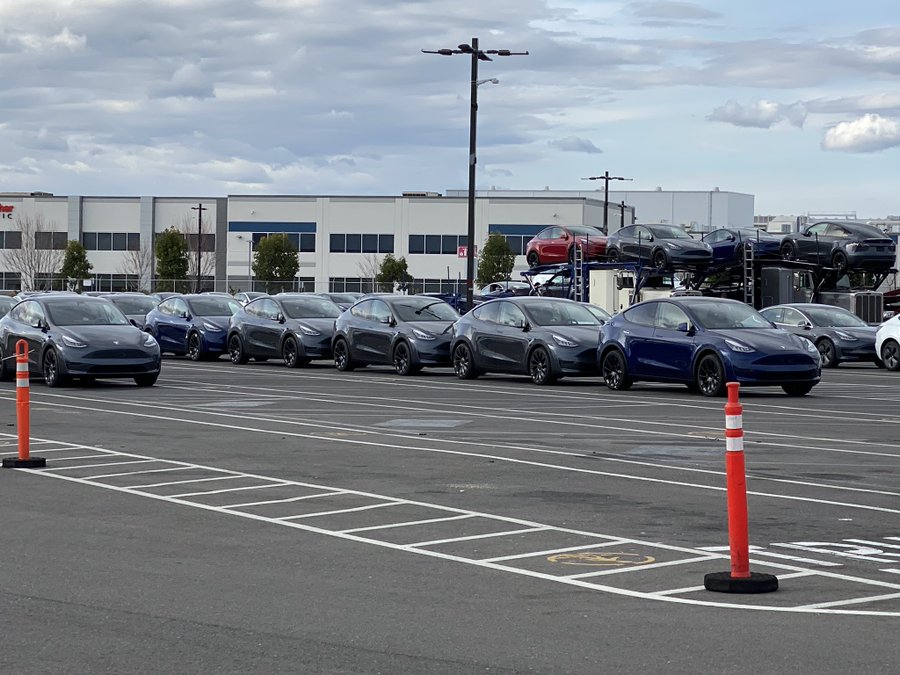
A lot of this is due to the company’s products, specifically the Model 3 sedan and the Model Y crossover. Both vehicles are high-volume EVs, and they are designed to disrupt their respective segments. The Model Y, in particular, is designed to be competitive in the crossover market, which happens to be one of the fastest-growing segments in the auto industry today. Munster argued that over time, the price and performance gap between Tesla and its competitors would likely get broader. This is because rivals, such as legacy automakers and their respective EVs, will either have to sell a vehicle that’s at parity with Tesla’s features and range but at a higher price, or a car whose cost is subsidized by the company, resulting in financial strain. For automakers, such is a notable dilemma.
Tesla investor @Incentives101, an economist with a background in macro research, stated in a message to Teslarati that the demand for the electric car maker’s vehicles will largely depend on how distinct they are from other EVs on the market. It’s quite difficult to analyze a product’s demand from a consumer preferences standpoint. In the case of apparel, for example, it is challenging to determine why some consumers prefer Adidas over Nike. The auto industry is quite the same. When one looks at the demand for vehicles, it is difficult to pinpoint why some consumers buy a BMW 3-Series over an Audi A4, or a Mercedes-Benz C-Class; or why some customers buy a Honda Accord instead of a Toyota Camry.
Explaining further, the economist noted that instances such as these usually mean that the products consumers are purchasing are almost perfect substitutes for each other. If one were to study the size, efficiency, performance, and price of any category of cars, one would see that the differences are usually so marginal between each option and segment that consumer decisions often fall on subjective variables such as looks or brand loyalty. This is something that veteran automakers such as Ford rely on, with the company being proud of F-150 owners sticking with the company for years, or at times, even generations.
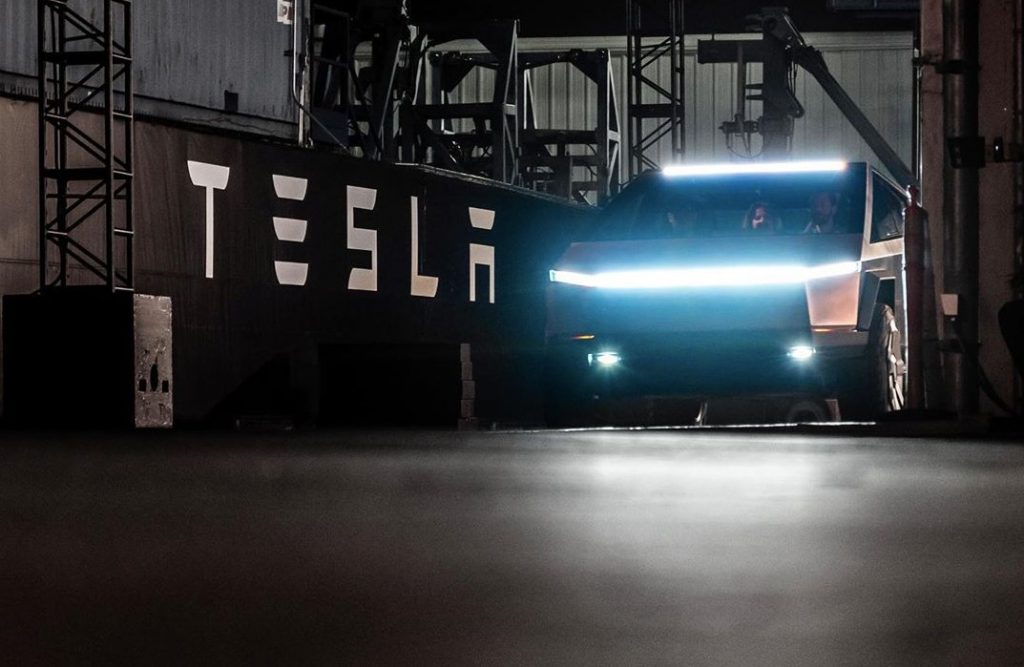
In the auto sector, there are various tradeoffs that customers are likely to compromise with. For buyers of cars with an internal combustion engine, opting for a low price will likely sacrifice performance, as is the case with the Toyota Camry. Buyers of electric vehicles from traditional automakers, on the other hand, will probably sacrifice something vital such as range for performance, as is the case with the Porsche Taycan. Tesla’s electric vehicles have pretty much eliminated these tradeoffs over time, largely thanks to the company’s own experience in producing and designing electric vehicles and their unique vertical integration, which provides the company unprecedented control over their products and the way they function.
Amidst the coronavirus pandemic, the health and economic shock that the world is facing are unprecedented. These shocks affect everyone, and for automakers, it will all come down to whoever can recover the fastest. Veteran automakers are fighting at a disadvantage as Tesla extends its gap in performance and tech. Tesla, on the other hand, may very well be poised to hit the ground running and crush its competitors in the process. The Model 3 and Tesla’s first-quarter results highlighted how demand for the company’s vehicles would likely be steady. As for demand concerns about Tesla, the economist noted that such concerns remain overblown.
“Until today, demand concerns about Tesla vehicles are overblown and based on a poor understanding of economics. Demand is a function of consumer preferences, basically what consumers value. It is also a function of income, price of substitutes, and few other things. How much each of these variables affects demand is not static. It may be that consumer preferences don’t change but income does, so in a scenario of rapid economic downturn with relatively fast recovery demand for Tesla would behave the same,” the economist wrote.
Disclosure: I have no ownership in shares of TSLA and have no plans to initiate any positions within 72 hours.

Investor's Corner
Tesla price target boost from its biggest bear is 95% below its current level
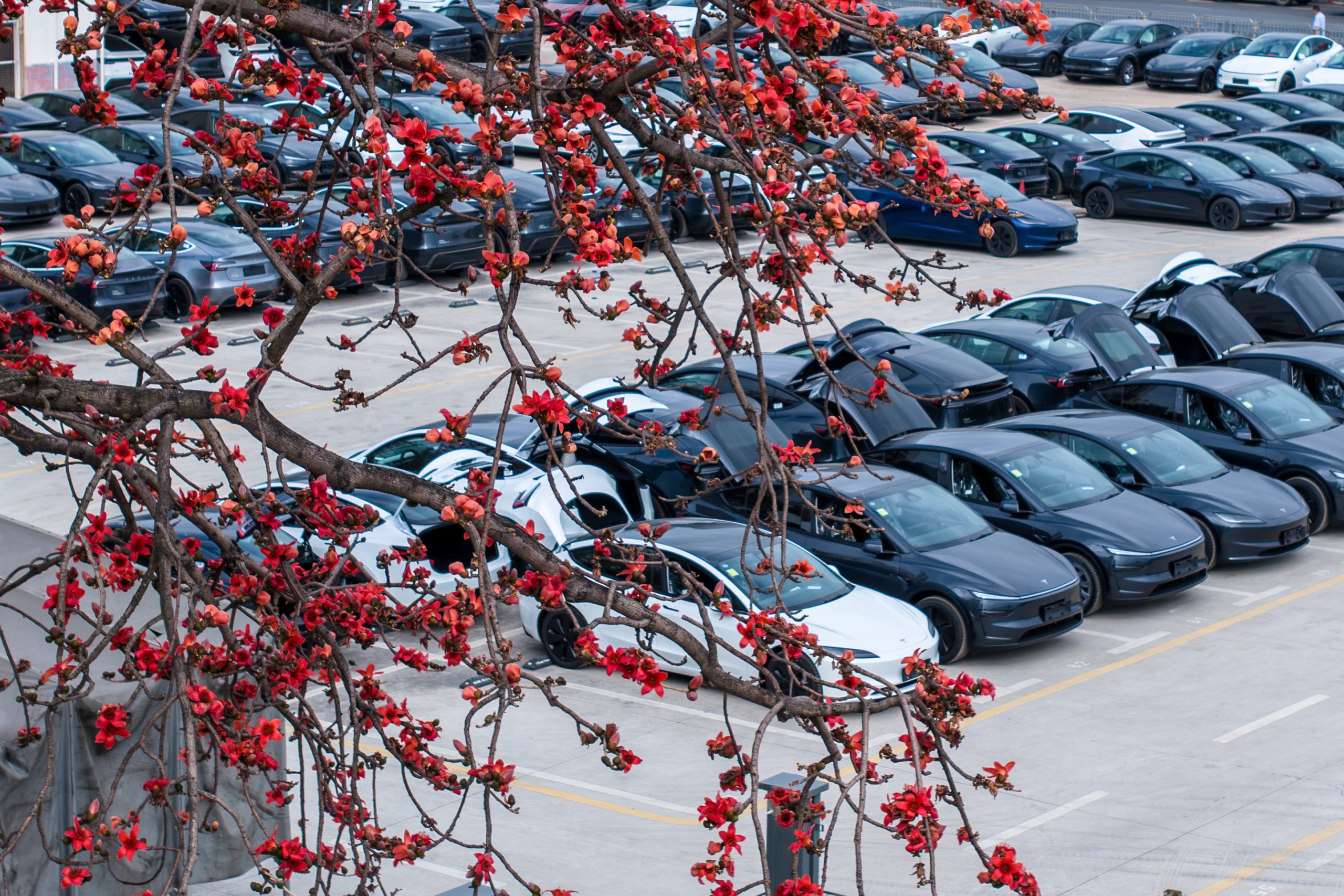
Tesla stock (NASDAQ: TSLA) just got a price target boost from its biggest bear, Gordon Johnson of GLJ Research, who raised his expected trading level to one that is 95 percent lower than its current trading level.
Johnson pushed his Tesla price target from $19.05 to $25.28 on Wednesday, while maintaining the ‘Sell’ rating that has been present on the stock for a long time. GLJ has largely been recognized as the biggest skeptic of Elon Musk’s company, being particularly critical of the automotive side of things.
Tesla has routinely been called out by Johnson for negative delivery growth, what he calls “weakening demand,” and price cuts that have occurred in past years, all pointing to them as desperate measures to sell its cars.
Johnson has also said that Tesla is extremely overvalued and is too reliant on regulatory credits for profitability. Other analysts on the bullish side recognize Tesla as a company that is bigger than just its automotive side.
Many believe it is a leader in autonomous driving, like Dan Ives of Wedbush, who believes Tesla will have a widely successful 2026, especially if it can come through on its targets and schedules for Robotaxi and Cybercab.
Justifying the price target this week, Johnson said that the revised valuation is based on “reality rather than narrative.” Tesla has been noted by other analysts and financial experts as a stock that trades on narrative, something Johnson obviously disagrees with.
Dan Nathan, a notorious skeptic of the stock, turned bullish late last year, recognizing the company’s shares trade on “technicals and sentiment.” He said, “From a trading perspective, it looks very interesting.”
Tesla bear turns bullish for two reasons as stock continues boost
Johnson has remained very consistent with this sentiment regarding Tesla and his beliefs regarding its true valuation, and has never shied away from putting his true thoughts out there.
Tesla shares closed at $431.40 today, about 95 percent above where Johnson’s new price target lies.
Investor's Corner
Tesla gets price target bump, citing growing lead in self-driving

Tesla (NASDAQ: TSLA) stock received a price target update from Pierre Ferragu of Wall Street firm New Street Research, citing the company’s growing lead in self-driving and autonomy.
On Tuesday, Ferragu bumped his price target from $520 to $600, stating that the consensus from the Consumer Electronics Show in Las Vegas was that Tesla’s lead in autonomy has been sustained, is growing, and sits at a multiple-year lead over its competitors.
CES 2026 validates Tesla’s FSD strategy, but there’s a big lag for rivals: analyst
“The signal from Vegas is loud and clear,” the analyst writes. “The industry isn’t catching up to Tesla; it is actively validating Tesla’s strategy…just with a 12-year lag.”
The note shows that the company’s prowess in vehicle autonomy is being solidified by lagging competitors that claim to have the best method. The only problem is that Tesla’s Vision-based approach, which it adopted back in 2022 with the Model 3 and Model Y initially, has been proven to be more effective than competitors’ approach, which utilizes other technology, such as LiDAR and sensors.
Currently, Tesla shares are sitting at around $433, as the company’s stock price closed at $432.96 on Tuesday afternoon.
Ferragu’s consensus on Tesla shares echoes that of other Wall Street analysts who are bullish on the company’s stock and position within the AI, autonomy, and robotics sector.
Dan Ives of Wedbush wrote in a note in mid-December that he anticipates Tesla having a massive 2026, and could reach a $3 trillion valuation this year, especially with the “AI chapter” taking hold of the narrative at the company.
Ives also said that the big step in the right direction for Tesla will be initiating production of the Cybercab, as well as expanding on the Robotaxi program through the next 12 months:
“…as full-scale volume production begins with the autonomous and robotics roadmap…The company has started to test the all-important Cybercab in Austin over the past few weeks, which is an incremental step towards launching in 2026 with important volume production of Cybercabs starting in April/May, which remains the golden goose in unlocking TSLA’s AI valuation.”
Tesla analyst breaks down delivery report: ‘A step in the right direction’
Tesla has transitioned from an automaker to a full-fledged AI company, and its Robotaxi and Cybercab programs, fueled by the Full Self-Driving suite, are leading the charge moving forward. In 2026, there are major goals the company has outlined. The first is removing Safety Drivers from vehicles in Austin, Texas, one of the areas where it operates a ride-hailing service within the U.S.
Ultimately, Tesla will aim to launch a Level 5 autonomy suite to the public in the coming years.
Investor's Corner
Tesla Q4 delivery numbers are better than they initially look: analyst
The Deepwater Asset Management Managing Partner shared his thoughts in a post on his website.
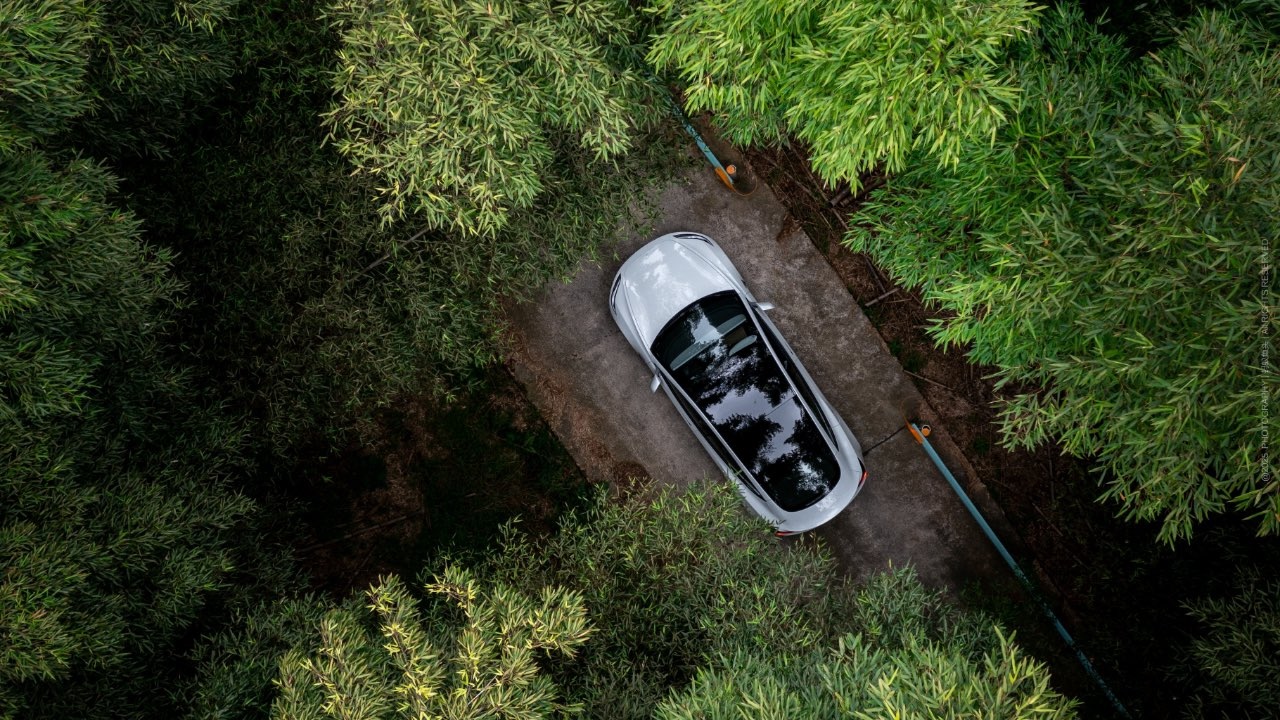
Longtime Tesla analyst and Deepwater Asset Management Managing Partner Gene Munster has shared his insights on Tesla’s Q4 2025 deliveries. As per the analyst, Tesla’s numbers are actually better than they first appear.
Munster shared his thoughts in a post on his website.
Normalized December Deliveries
Munster noted that Tesla delivered 418k vehicles in the fourth quarter of 2025, slightly below Street expectations of 420k but above the whisper number of 415k. Tesla’s reported 16% year-over-year decline, compared to +7% in September, is largely distorted by the timing of the tax credit expiration, which pulled forward demand.
“Taking a step back, we believe September deliveries pulled forward approximately 55k units that would have otherwise occurred in December or March. For simplicity, we assume the entire pull-forward impacted the December quarter. Under this assumption, September growth would have been down ~5% absent the 55k pull-forward, a Deepwater estimate tied to the credit’s expiration.
“For December deliveries to have declined ~5% year over year would imply total deliveries of roughly 470k. Subtracting the 55k units pulled into September results in an implied December delivery figure of approximately 415k. The reported 418k suggests that, when normalizing for the tax credit timing, quarter-over-quarter growth has been consistently down ~5%. Importantly, this ~5% decline represents an improvement from the ~13% declines seen in both the March and June 2025 quarters.“
Tesla’s United States market share
Munster also estimated that Q4 as a whole might very well show a notable improvement in Tesla’s market share in the United States.
“Over the past couple of years, based on data from Cox Automotive, Tesla has been losing U.S. EV market share, declining to just under 50%. Based on data for October and November, Cox estimates that total U.S. EV sales were down approximately 35%, compared to Tesla’s just reported down 16% for the full quarter. For the first two months of the quarter, Cox reported Tesla market share of roughly a 65% share, up from under 50% in the September quarter.
“While this data excludes December, the quarter as a whole is likely to show a material improvement in Tesla’s U.S. EV market share.“








